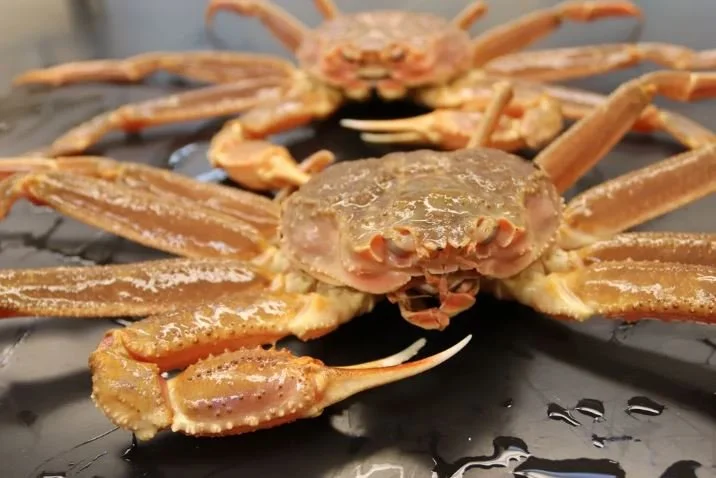Not Politics
There’s no doubt about a lot of ugly stuff happening in the world right now. I don’t deny the atrocities taking place. But then someone goes and blames the cost of food to what’s happening between countries and cultures, assigning inflation to a particular political party and I want to grab them by the collar and shake them while screaming, It’s the environment, Stupid!
Last week at market a customer complained about the cost of seafood. After spending 17 years with a commercial seafood harvester I know for a fact that people who work the ocean aren’t getting rich off their work. Like farming, it’s a lifestyle, a calling, a passion, or as many have called it—an addiction. Too many times it kills you. There’s a reason the Discovery series is called America’s Deadliest Catch.
Like commercial fishing and seafood harvesting, farming is also a dangerous profession. I’ve known several colleagues who have lost their lives to tractors and breeding bulls. We too take the heat for rising food costs; however, we’re not facing the dismal prospects that our watermen are facing—the collapse of their fisheries.
Scientists and fishermen alike have been warning the public for years that our oceans are suffering. When I was a college student in Santa Barbara back in the 1980’s a malady hit the Pacific coast abalone population. Within a decade a once vibrant fishery was completely gone. Permits that sold for $100,000 were now worth nothing to the divers who held them. Even taking them for sport is now banned. If you find them in a restaurant today, they’re farmed, never reaching the mature sizes of a foot in length and several pounds. This was a food source that sustained native coastal populations for thousands of years.
According to National Oceanic and Atmospheric Institute (NOAA), 80% of the world's fisheries are either severely depleted or collapsing. Once again for the people in the back, the government is not responsible for the price of your lobster.
It seems like every year one of my holiday favorites either disappears or is so costly I have no other choice than to pick a new celebratory delicacy. Last year over 90% of the King Crabs completely disappeared. Gone. King Crab legs were always a favorite on New Years Eve, but the last time I went to purchase them there were only Snow Crabs. And this year it’s over ten billion (yes, billion) Snow Crabs missing from the Bearing Sea, the primary commercial fishery, forcing the closure of crabbing season for a second year. The culprit—warming ocean temperatures.
Scientists agree our oceans are in an abysmal state. They estimate that by 2050 fresh wild-caught fish from American waters will be a thing of the past and that the amount of plastic in the ocean waters will outweigh the fish themselves.
I like being able to procure fresh fish at the farmers market, but even my beloved shad roe has been absent two years in a row. What was once the most valuable fin fishery in the Chesapeake Bay is now closed to commercial fishing. No more annual feasts of fish eggs wrapped in bacon, a luxury I treated myself to once a year either cooking at home or going out for a fine meal.
It’s not only seafood that is in danger from climate change and increasing pollution. Wheat, almonds, chickpeas, wine, cranberries, peaches, corn, coffee, and rice are all commodity crops experiencing decreases in production. Add in geopolitical instability and the decrease becomes even greater.
There’s a lot of fighting going on between people, but we’re ignoring the fact that we are all people who need to eat to survive. If we quit ignoring the environmental emergency happening right now in front of our faces it’s not going to matter what political party or power comes out ahead of the other. There simply will not be the choices or availability of foods that we were once used to having.

